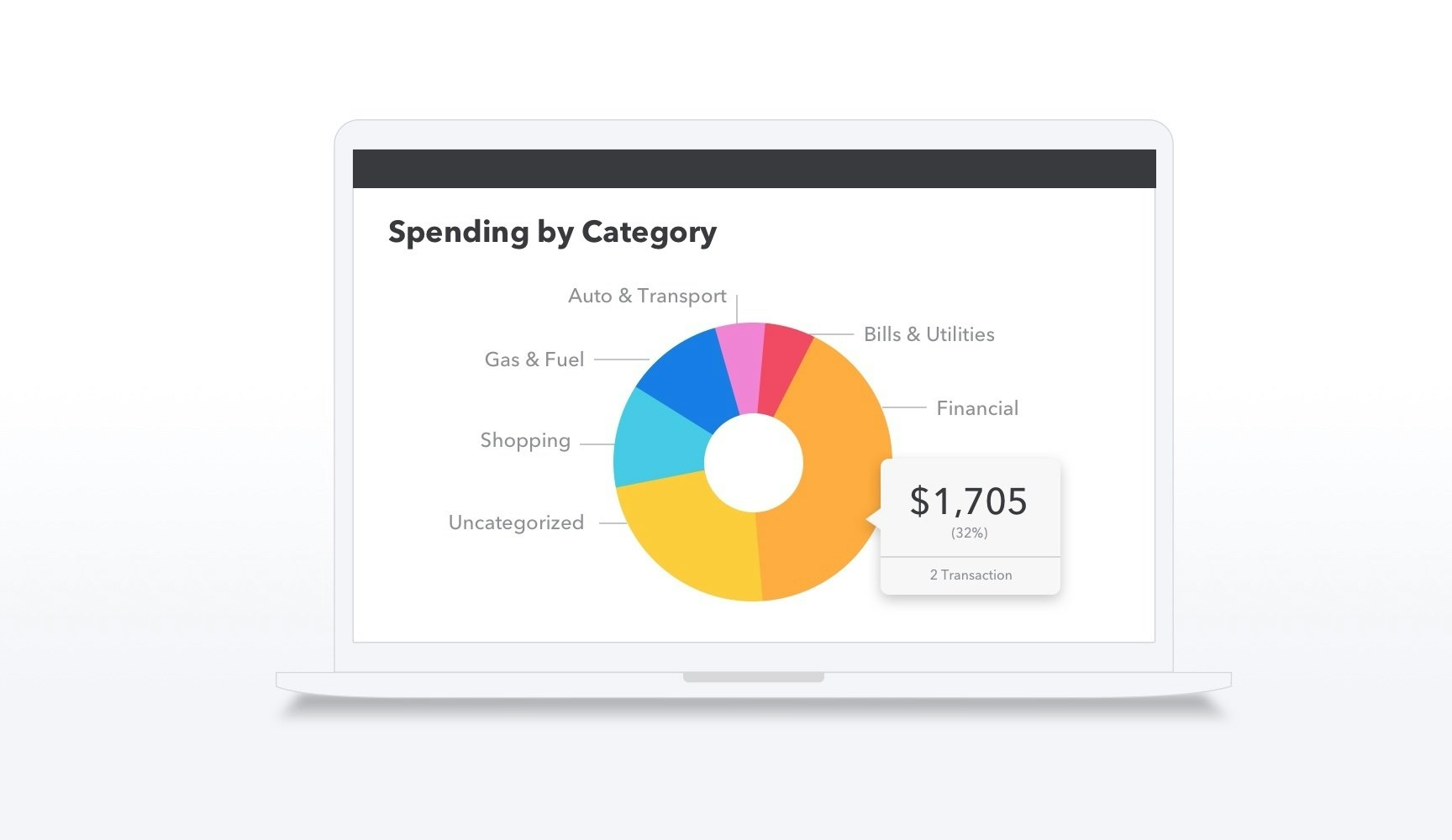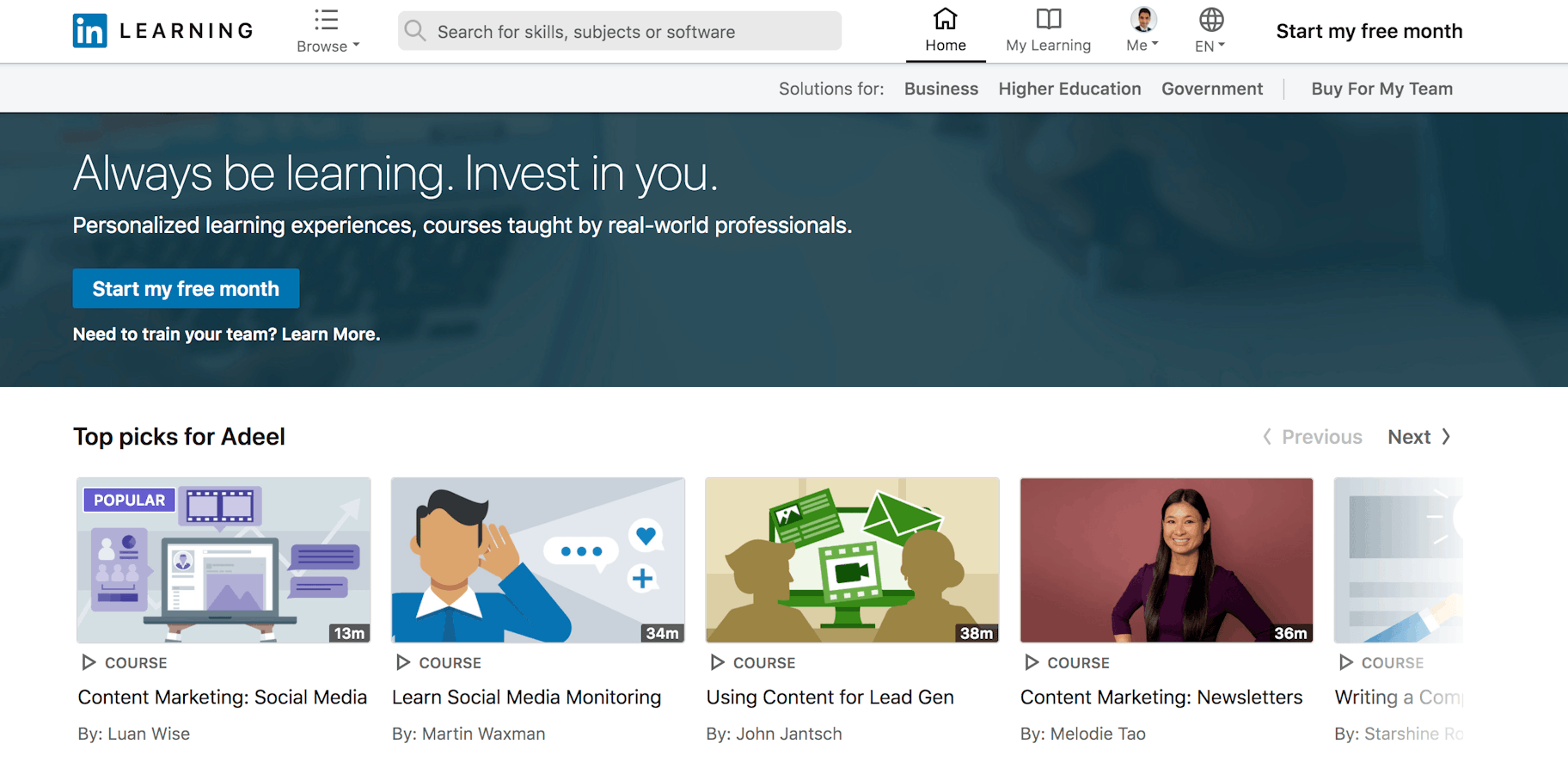I’m just going to come right out and say it: losing your job sucks. Especially when you didn’t see it coming – because this means you couldn’t possibly have had time to prepare for it.
If you find yourself in this position, I’m sorry.
Many of us have been there before, and many more of us will be. And it hits especially hard in a time like the coronavirus economy, when everything seems uncertain and we’re all lacking a sense of stability.
Dealing with job loss will be a different process for everyone, but there are some things to keep in mind. One important consideration is to make sure you’re taking the time to process your emotions in a healthy way as you look for ways to move forward.
In this article, we’re going to look at some ways to make sure you’re taking care of your mental health first and foremost, then use this as a foundation as you look at your options financially, personally, and professionally after a job loss.
Post Contents

Don’t wait for someone else to do it. Hire yourself and start calling the shots.
Get Started FreeWhat To Do When You Lose Your Job
As an entrepreneurial society, we’re all familiar with the hustle and grind attitude. Work hard, play hard. Pick yourself up by your bootstraps. If you talk to any self-made millionaire, you’re bound to hear about the sheer grit and determination it takes to make it.
And while this is all true, there’s another side to coping with job loss: working on maintaining an emotional balance. Here are a few tips to make sure you’re nurturing your mental health, because our mental health is the foundation for everything we do.
Let yourself mourn your job loss
Give yourself some time and space to mourn your loss. To have a hearty cry and let out all those frustrations, anxieties, and worries that things haven’t gone the way you want. To be scared about your future and how all your amazing plans have suddenly changed course.
Give yourself permission to process your emotions, whatever they may be. When you try to repress or ignore them, it may seem like it helps you to cope, but you’re actually setting yourself up for tougher times as you navigate your job loss and everything that comes with it.
Here are some more research-based tips for working through your emotions in a healthy way that can help set you up for more growth in the future.
Practice gratitude
When you lose your job, it might feel like every day is terrible, but look for things you’re grateful for. This can be literally anything – even if you can only feel grateful for your bed right now.
There are loads of studies that prove that gratitude can have a huge boost on our mental health and wellbeing. It can help us to reframe our outlook, preventing us from getting sucked into depression or a loss of motivation. It can remind us that there’s plenty to be thankful for that we weren’t thinking about, and that things are going to be okay.
Try starting a gratitude journal where you physically write out one thing you’re grateful for every day. Set a time to do it, like right after you wake up or before you go to bed. Or if you have any other routine daily habits, tack it on. This is called “habit stacking” and can make sure you don’t forget.

Now that you have an idea of how to process the most overwhelming feelings and try to reframe your mind with gratitude, let’s look at some ways to deal with job loss as it relates to other areas of your life.
How to Recover from Job Loss
Losing your job is never easy, but there are ways to recover from the setback and regain your financial freedom. If anything, consider job loss as a launching point for even greater success. Here’s how to get back on your feet when the unexpected happens:
1. Embrace your emergency savings
An emergency fund is your best buffer for surprises like an unexpected job loss. It assures that you and your family get enough money to keep a roof over your head, cover utilities, and pay for life’s daily necessities. Think of it as an insurance policy for the tough situations life might throw your way.
2. Rework your budget
There’s a good chance that you’ll be cutting back due to your job loss, even if you’re eligible for unemployment benefits. Your best bet would be to reduce spending on unimportant things like expensive gym memberships and clothes. Stay on top of things by tracking your spending in an Excel spreadsheet.
You can also use a tool like Mint to see how much you’re spending on what, where you could save, and how your spending habits are affecting your financial standing.

3. Get in touch with your colleagues
Even if you haven’t spoken to them in a while, you’ll probably find you miss the water cooler conversations and having other people that you can talk to about professional matters. Reach out to your past colleagues for guidance and assistance – LinkedIn is a great tool for this.
In other words, tap into your professional network. You never know how your contacts could help you in the search for your next employer.
4. Keep yourself busy
Join an association, land a couple of freelance gigs, participate in online business events, seek pro-bono consulting work. There’s no reason to sweat when your future employer asks, “What did you do while you were unemployed?”
Today’s companies are sure to go through your social media profiles before inviting you for a job interview, so you need to ensure everything is in order and welcoming. Plus, aim for consistency in what your profiles say (at the very least, make sure your profession is mentioned in the same way on your LinkedIn, Twitter, and other profiles).
6. Stay informed
Following new trends and favorite companies will give you confidence for initiating conversations and help you identify new opportunities. Even if there are a few gaps in your resume, your hands-on industry knowledge will position you as a candidate with potential.
How can you keep up with new trends? The best way is to read blogs and other publications relevant to your industry.
7. Learn a new skill
Sift through a few job vacancies in your field and you’ll find that many roles require new skills, which you don’t currently have. So take your job loss as an opportunity to finally acquire new skills. Udemy and LinkedIn Learning are two great resources for learning creative, technology, and business skills.

You can also seek a mentor and ask him or her to train you or share an easy way to learn. Also, check if your local library is offering any classes for people coping with job loss.
8. Estimate your worth
It’s also a good idea to understand your worth in the market. Use sites like PayScale and Glassdoor to see how much others in similar roles are being paid. I also suggest that you go through job sites and see how much demand there is for your profession.
If there aren’t a lot of openings for what you currently do, you may need to learn some new skills or transition into an entirely new career altogether.
9. Spruce up your job-hunting ammunition
One of the most important things to do when you lose your job relates to your resume and cover letter. Make sure they’re in great shape (i.e., current, accurate, and clearly written) because they’ll be providing you with the support you need to find a new job.
Next, turn your attention to learning about potential employers, and going through reviews left by others working at those companies, so that you make a great first impression when you get called for an interview.
10. And finally, apply for a new job
When you’re looking for opportunities, expand your resources and keep an open mind. Browse social networks, recruitment pages, job sites, local newspapers, and business websites – you never know what channel or platform will become the source of your new job.
Starting a Business after Losing a Job
Losing your job might also be a wakeup call that you weren’t made for a 9-5 schedule – maybe your loss of satisfaction in your last job was actually a sign that you are meant to earn a living by running your own business.
So, instead of searching for another job, consider becoming your own boss by taking the following steps:
Choose a business model
I’d suggest you choose an online business that has low start-up costs.
That’s because online businesses are much easier to start, and you don’t need to be located next to a customer in order to supply the products and services to them.
For example, you can launch a dropshipping business where you create an online store and market your products to potential audiences. The orders you receive will be taken care of by your suppliers, who’ll package the goods and deliver them to your customers.
And the cost is cheaper than just about any other business you could launch.
Other businesses like freelance writing and graphic design can also be launched at a low cost. Plus, you can hire resources on the cheap via international outsourcing when you’re unable to manage things by yourself. Check out this ultimate list of the most popular online business ideas for more inspiration.
Bootstrap to get it off the ground
But not necessarily with your savings. While the general concept of bootstrapping involves funding your business with personal money, you can get creative with your approach and fund your operations without the initial injection of funds.
Some ideas include:
Taking help from friends and family
Say you’d like to start a freelance writing business, but need money to buy a laptop. You could try pre-selling services to people you know, collecting money upfront so you can complete your order after you’ve bought the computer.
Capitalizing on your assets
Have photography gear that you rarely use? Consider renting it out on KitSplit or another similar website. In some instances, it makes more sense for people to rent specific items rather than purchasing them. For example, a specific camera may just need a camera for a wedding function and buying one doesn’t make sense.
Assemble your team and get started
While you’ll be working solo in the beginning, don’t be afraid to think more broadly. After all, you’ll need more hands to grow your business faster. For example, hiring a virtual assistant can take a lot of things off your plate.
You may also want to hire employees on a one-off or freelance basis for temporary tasks. Sites like Upwork and Fiverr are perfect for this.
Once you have a team in place, launch your new business and start living life on your own terms.
Keep Your Head Up and Your Eyes Forward
There’s no way around it: losing your job is a rough experience. But I believe that there are so many opportunities to emerge from it in a better place than you started.
Perhaps you have the opportunity to find a job (or start a business!) that better suits your skills and passions, or you make new personal or professional connections that you would never have made otherwise.
No matter where this path takes you, try to keep your head up and your eyes forward. Look for the silver linings and opportunities in everything you’re experiencing right now, and use this as a chance to make improvements and explore ideas that you never felt like you had time or flexibility for.
You’ll get through this.




